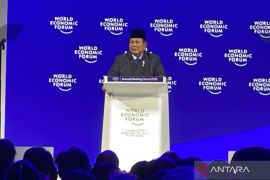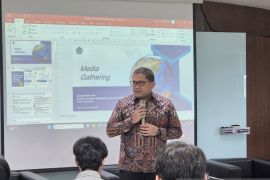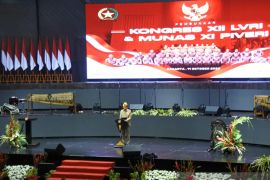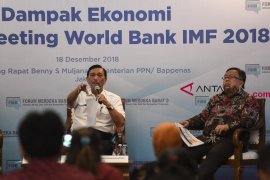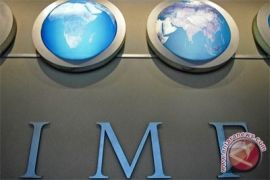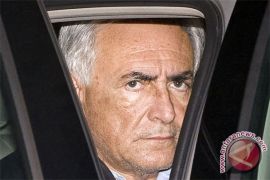"In the short run, the subsidized fuel oil price hike will have a negative impact, but this decision is very good for the economy in the medium and long terms," IMF senior resident representative for Indonesia Milan Zavadjil said here on Tuesday.
Yet, he asked the government to keep watch for a risk of second round effect on inflation. If that was the case, Bank Indonesia (the central bank) must be ready to raise its benchmark interest rate, known as BI Rate.
It was not the poor but middle and high class people who had so far enjoyed very much subsidized fuels, he noted.
"It is not the poor who get the greatest benefit from subsidized fuels because they have no cars nor motorcycles. They use public transportation modes," he said.
He described as a "good breakthrough" the government`s plan to compensate the poor for fuel price hike by providing them with a monthly cash handout of Rp150,000 each.
Under the draft revision of the 2012 state budget, the government has proposed a monthly cash handout of Rp150,000 for each poor household for nine months. The program is expected to affect 18.5 million households which make up 30 percent of low-income households.
This year`s fuel subsidy is expected to reach Rp137.4 trillion, up 11.1 percent from the 2012 budget ceiling of Rp123.6 trillion. (*)
Editor: Kunto Wibisono
Copyright © ANTARA 2012
